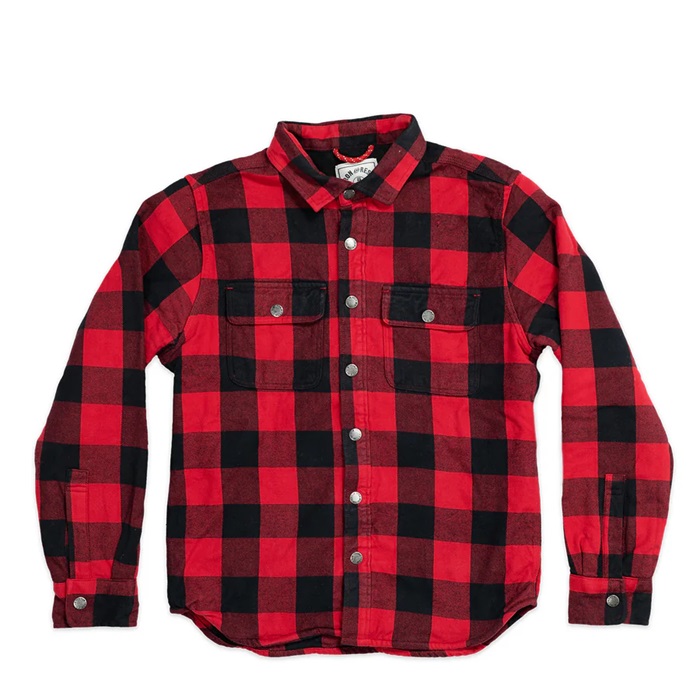- Messages
- 17,179
- Location
- New York City
There are some songs that just pop in a movie - they advance the plot, define a character, set a tone, evoke the right mood or, heck, they just work 'cause they are done so darn well.
Some of my favorites are:
Some other classic ones:
Some of my favorites are:
- (My least original thought ever, but it's that good that I still love it): The "Marseillaise" in "Casablanca" as it both reveals Rick's truer sympathies and, heck, I was ready to grab a gun and start fighting to free France as it was so powerful
- "Bei Mir Bist Du Schön" in "Love, Honor and Behave" as Priscilla Lane's character belts out a great version and, basically, the song tells why she's in love as the title of the song translates to "to me your are beautiful."
- "Put the Blame on Mame" lip-synched by Rita Hayworth in "Gilda." What a mood setter - the words don't really matter, it's sultry, she's sultry, the dancing is sultry and, by proxy, the entire effort is sultry - that song is the backdrop vibe for the movie
Some other classic ones:
- "I'm Dreaming of a White Christmas" in "Holiday Inn"
- "We're Off to See the Wizard" in "Wizard of Oz"


